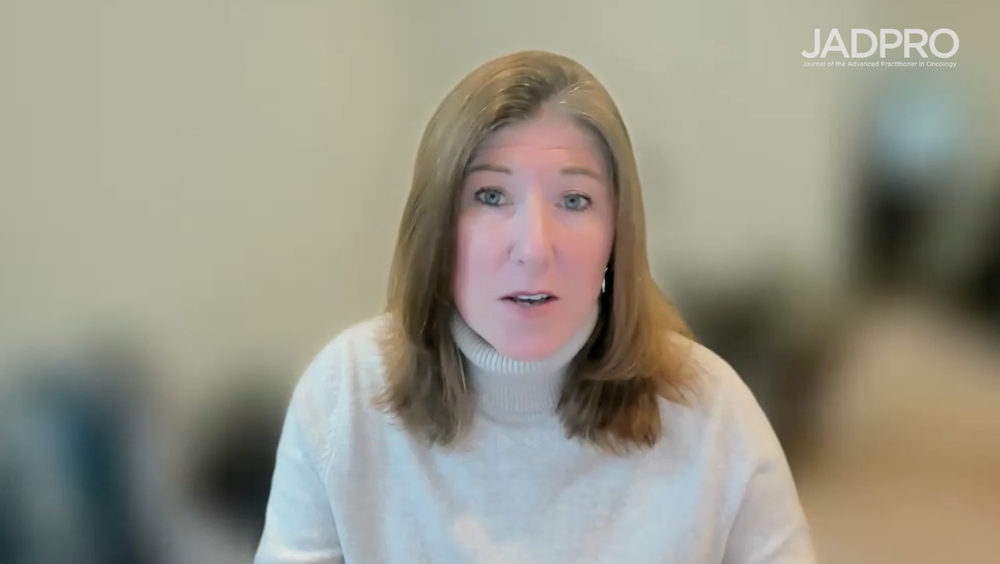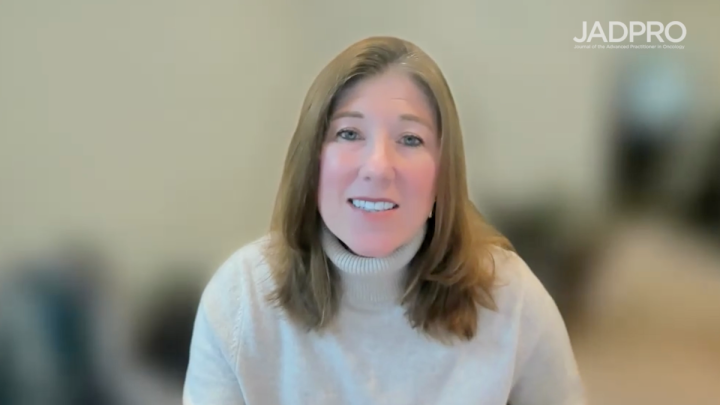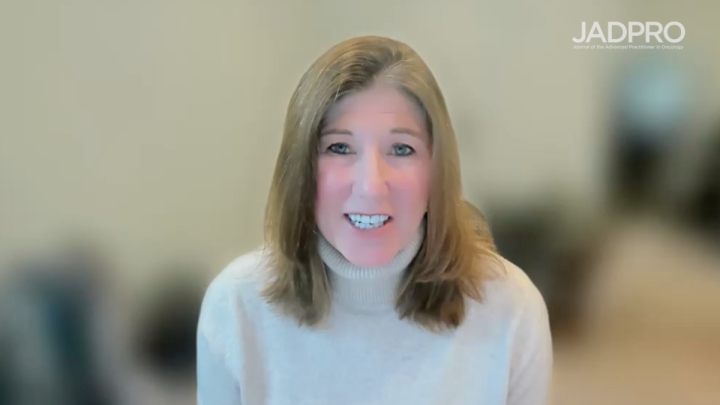Transcript
Bispecific antibodies such as glofitamab and epcoritamab are approved treatment options for patients with relapsed/refractory DLBCL after 2 or more lines of therapy. Early data suggests they have similar efficacy and safety profiles. However, frequency of administration and associated health care visits differ between glofitamab and epcoritamab. In this study, the objective was to determine the time toxicity; in other words, the time spent at a health care facility for visits and coordination of care with these 2 bispecific antibody treatments. A healthcare utilization model was created to estimate health care visits associated with glofitamab and epcoritamab in patients with R/R DLBCL. The materials used to quantify healthcare visits included study protocols, FDA prescribing information, and publications on bispecific antibody registrational studies. Time toxicity was defined as healthcare contact days. Clinic visits, infusions, procedures, bloodwork, and elective/unplanned admissions were considered all day affairs. Days without healthcare contact were considered home days. The time horizons in this study were 1 year and 2 years. Over the 1 year time horizon, the total healthcare contact days for glofitamab was 30.9 , whereas epcoritamab was associated with 44.9 health care contact days. Epcoritamab was also associated with fewer home days versus glofitamab. Over the 2 year time horizon, epcoritamab was associated with an additional 14 health care contact days versus glofitamab. When reviewing the data, it is evident that glofitamab was associated with less clinic visits than epcoritamab. This information is important for the patient and caregivers to help guide their decision when being presented with 2 treatment options for R/R DLBCL. This information is also extremely valuable for the advanced practice providers as we prioritize our patients’ well-being and completely understand their desire to minimize time spent in clinic while still ensuring they receive the necessary care they deserve.











